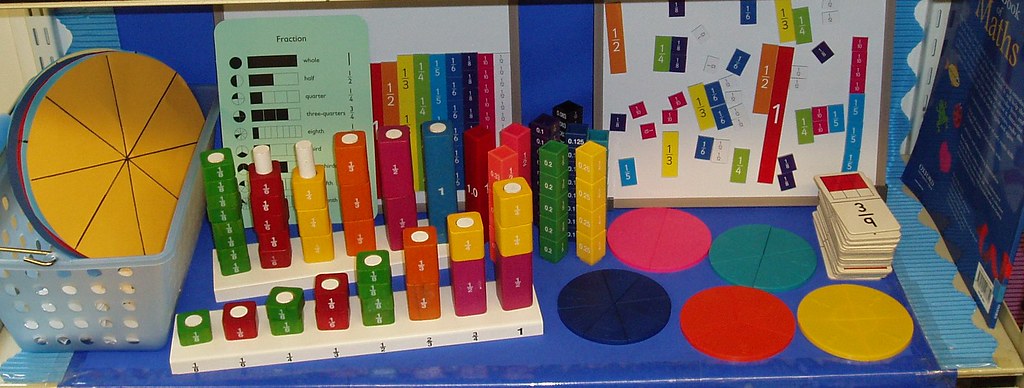What we discussed today is why are are assessing?
We assess for our teaching to know what we need to do. To identify gaps and see student needs. We also must consider what we are collecting with each assessment and how that will be used in our teaching.
When we assess we find gaps in what we have taught and what has been learnt and this allows us to adapt our teaching a find next steps for ourselves and our learners. We also need to be aware of how these assessment impacts on our awareness of students ability, needs and helps us to report to parents.
What does assessment involve?
We are using evidence to make decision for many different reasons. We also have to communicate the evidence that we find from assessment for parents, boards, government and of course our learners. This communication is for different purposes both summative and formative for kids that is setting goals for themselves a long side their teacher.
Aim:
Our aim for assessment is to create some exemplar that allow use to moderate the understanding across the school. We need to have exemplars that work for us and our school. We want to know the learning trajectory for our kids.
In order to create these exemplars we needed to first have unit plans, learning outcomes based on curriculum elaborations, a learning trajectory and assessing the learning.
Students can set goals for themselves for the unit and they can self assess these goals. This could be based on the use of a few problems in the area and creating a list of goals which students could select from. The amount of goals and how this works would depend the students, their needs and how the teacher scaffolds the goal setting.
The aim is the push the individual accountability.
The exemplar tasks could include open questions that ask for all of students knowledge of a question.
Write and draw everything that you know about one half and one quarter?
Heather says she can prove 3/5 is the same as 6/10
Can you show some different ways she might do this?
What other fractions are the same? Can you prove they are the same in at least three different ways?
Can you put the fractions in order from smallest to biggest:
2/3 3/4 5/10 3/9
Show how you know.

The aim of a DMiC lesson is to touch on many levels so that students can show what they know and see the possibility of them extending beyond their year level or below their year level.
We are creating a trajectory and learning outcomes for patterns and relationships:



